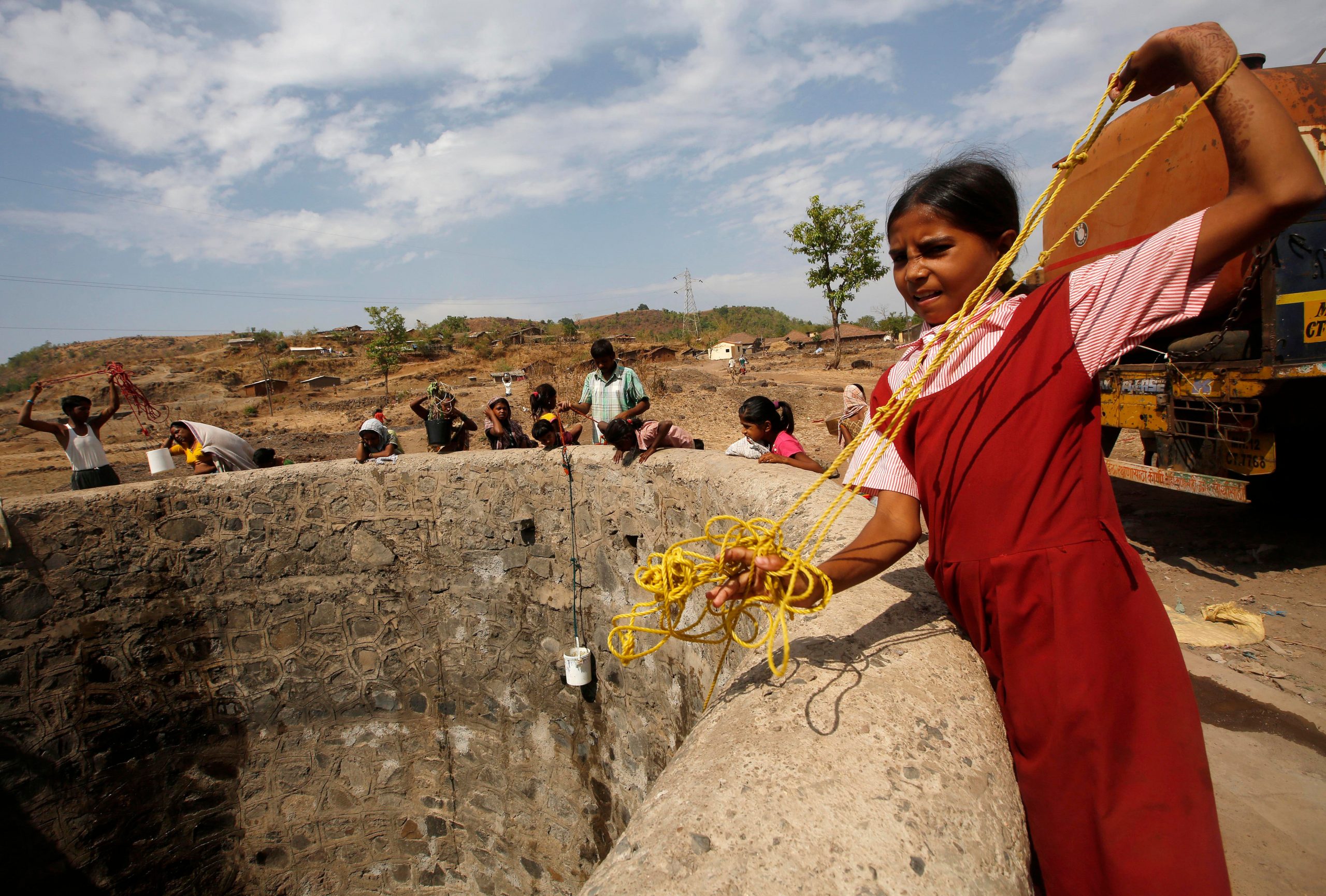Climate change could displace over 200 million people in the
next 30 years, a World Bank study has found. The study, which forms the second
part of the Groundswell report that was published Monday, warned of formation
of migration hotspots and climate change forces people to leave their homes.
The Groundswell report focuses on how slow-onset impacts of climate
change such as scarcity of water, decreasing crop productivity and rising sea
levels could create force displacements in habitation patterns. Decrease in
crop productivity, water scarcity and rising sea levels could lead to millions
of what the Groundswell report describes as “climate migrants” by 2050.
Also Read | Results of supercomputer’s calculation on El Nino, La Nina worry scientists
The report, funded by the World Bank, lists three possibilities
vis a vis climate change over the next three decades.
The pessimistic scenario: The bleakest possibility is burgeoning socio-political
inequalities and high-level of emissions force nearly 216 million people out of
their homes across six regions analysed: Latin America, North Africa,
Sub-Saharan Africa, Eastern Europe and Central Asia, South Asia, East Asia and
the Pacific.
Also Read | Joe Biden’s message to storm battered Gulf Coast: ‘We are here for you’
Sub-Saharan Africa, the region most vulnerable to climate change
due to desertification, fragile coastlines and the population’s dependence on
agriculture, is likely to see the greatest amount of migration with up to 86
million climate migrants moving within national borders.
If we do everything right from here on: In the most climate-friendly and optimistic
scenario where emissions are brought under control and inclusive, sustainable
development takes place, the number of climate migrants could reduce by 80%
down to 44 million.
Also Read | Warmer Arctic led to freezing cold in Texas, much of US: Study
The report did not look at the short-term impact of climate
change such as effects on extreme weather events. The findings of the
Groundswell report reaffirm the potency of climate to induce migration within
countries, according to Viviane Wei Chen Clement, a senior climate change specialist
at the World Bank and one of the authors of the report.
(With inputs from Associated Press)







